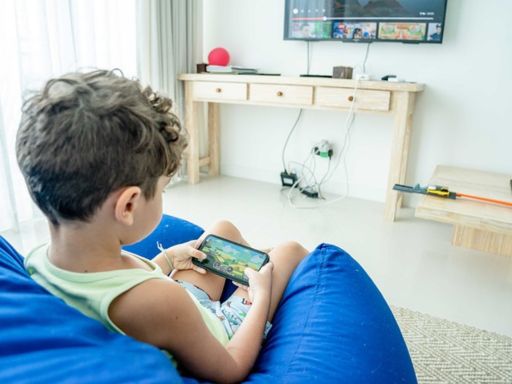Gaming addiction, also known as internet gaming disorder, is a growing concern among gamers worldwide. It is a behavioral addiction that can have negative consequences on a person's mental, emotional, and physical health. Gaming addiction is characterized by an uncontrollable urge to play video games, even when it interferes with a person's daily life.

In this article, we will discuss the signs, symptoms, and solutions of gaming addiction.
Signs of Gaming Addiction
Below are the signs of gaming addiction:
Preoccupation with gaming: A person with gaming addiction may spend most of their time playing video games, thinking about gaming, or planning the next gaming session.
Tolerance: A person with gaming addiction may need to play video games for longer periods or at higher levels of intensity to achieve the same level of satisfaction.
Withdrawal: A person with gaming addiction may experience irritability, restlessness, or depression when unable to play video games.
Loss of interest in other activities: A person with gaming addiction may lose interest in other hobbies, social activities, or personal relationships.
Deception: A person with gaming addiction may lie to family, friends, or colleagues about the amount of time spent playing video games.
Symptoms of Gaming Addiction
Below are the Symptoms of gaming addiction:
Fatigue: A person with gaming addiction may experience fatigue due to a lack of sleep or neglect of personal hygiene.
Physical problems: A person with gaming addiction may experience physical problems such as carpal tunnel syndrome, headaches, and back pain.
Poor academic or job performance: A person with gaming addiction may neglect schoolwork or job responsibilities, resulting in poor performance or job loss.
Social isolation: A person with gaming addiction may withdraw from family and friends and avoid social situations.
Financial problems: A person with a gaming addiction may spend excessive amounts of money on video games or gaming equipment, leading to financial problems.
Solutions for Gaming Addiction
Below are the Solutions of gaming addiction:
Acknowledge the problem: The first step to overcoming gaming addiction is to acknowledge that it is a problem.
Set boundaries: Set limits on the amount of time spent playing video games and stick to them. Create a schedule that allows for a balanced lifestyle.
Find alternative activities: Engage in other hobbies or activities that can provide a sense of accomplishment or enjoyment.
Seek professional help: If gaming addiction is causing significant distress or interference in daily life, seek help from a mental health professional who can provide guidance and support.
Join support groups: Joining support groups, such as Gamblers Anonymous or Online Gamers Anonymous, can provide a sense of community and support for those struggling with gaming addiction.
In conclusion, gaming addiction is a real concern that can have negative consequences on a person's mental, emotional, and physical health. It is important to be aware of the signs and symptoms of gaming addiction and seek help if necessary. By acknowledging the problem, setting boundaries, finding alternative activities, seeking professional help, and joining support groups, it is possible to overcome gaming addiction and live a balanced and fulfilling life.